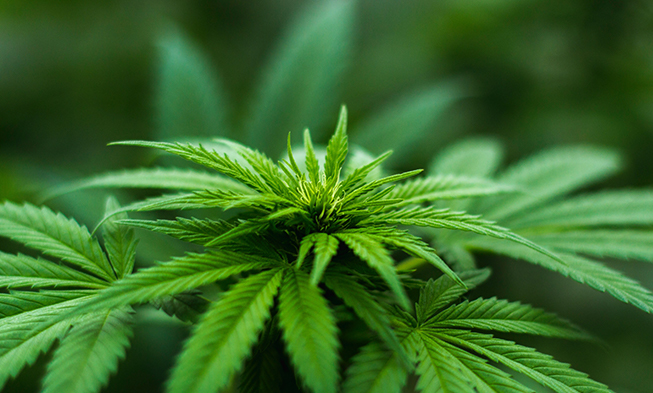
Elliot Mercier
Thank you all for coming to my TED Talk, because today’s subject is not industry, ethics or anything like that: it’s science! Not that surface level stuff we discussed in the hydroponics article either, we’re going deep, folks…on a molecular level! That’s right, someone with a Bachelor’s in English and who took one Psychology class is going to talk science for the next 432 words starting now!
Almost anything that enters our body has some sort of chemical that is meant to trigger some kind of reaction. For example, sugar is a chemical compound that not only makes things sweet but also releases a chemical in the brain known as dopamine. This chemical is essentially the pleasure response for almost everything we do. If you ever wondered why eating feels good, it’s because your brain is rewarding you for doing it. Sugar,in this case, is an accelerant because it releases more dopamine than if you just ate a steak. Another important chemical is serotonin, which helps to regulate mood, sleep and appetite.
All the chemicals in your brain, however, are not always helpful. An excess or deficiency in the two elements I just described can lead to some serious problems, such as seizures, addiction, depression, and so on. There’s also the risk of overstimulating the sensors in your brain that want to release these chemicals when your body doesn’t feel the benefits anymore. This can lead to individuals trying to compensate by overindulging in the thing that once made them happy: for example, being a smoker who smoked once a day before switching to twenty cigarettes a day as time passes.
What does this have to do with weed? Quite a lot, actually because the chemicals present in various strains of this product contribute to the raising or lowering of these brain juices. Tetrahydrocannabinol (THC) is the one we’re all familiar because it’s the one that gets people talkative, giggly, and all of those other things we see in the movies. THC increases the amount of dopamine released in the brain, which is what prompts that euphoria. Cannabidiol (CBD), on the other hand, is much more of a calming agent, meant to reduce the production of serotonin. If you think of THC as an accelerant of brain activities and CBD as a depressor, then you get the basic idea of how medical marijuana is prescribed for certain conditions. Depression caused by low serotonin levels? THC. Epilepsy triggered by the overabundance of dopamine? CBD.
Unless some new plant life grows in tandem with marijuana and inherits new properties mingling with the familiar ones, all we can do for now is wait to see if even more health benefits can be uncovered through these compounds. If you feel like a strain of the green stuff can help with your mental affliction, just make sure to be descriptive and do your research, because getting a THC strain when you need a CBD one can be counterproductive and possibly painful.






